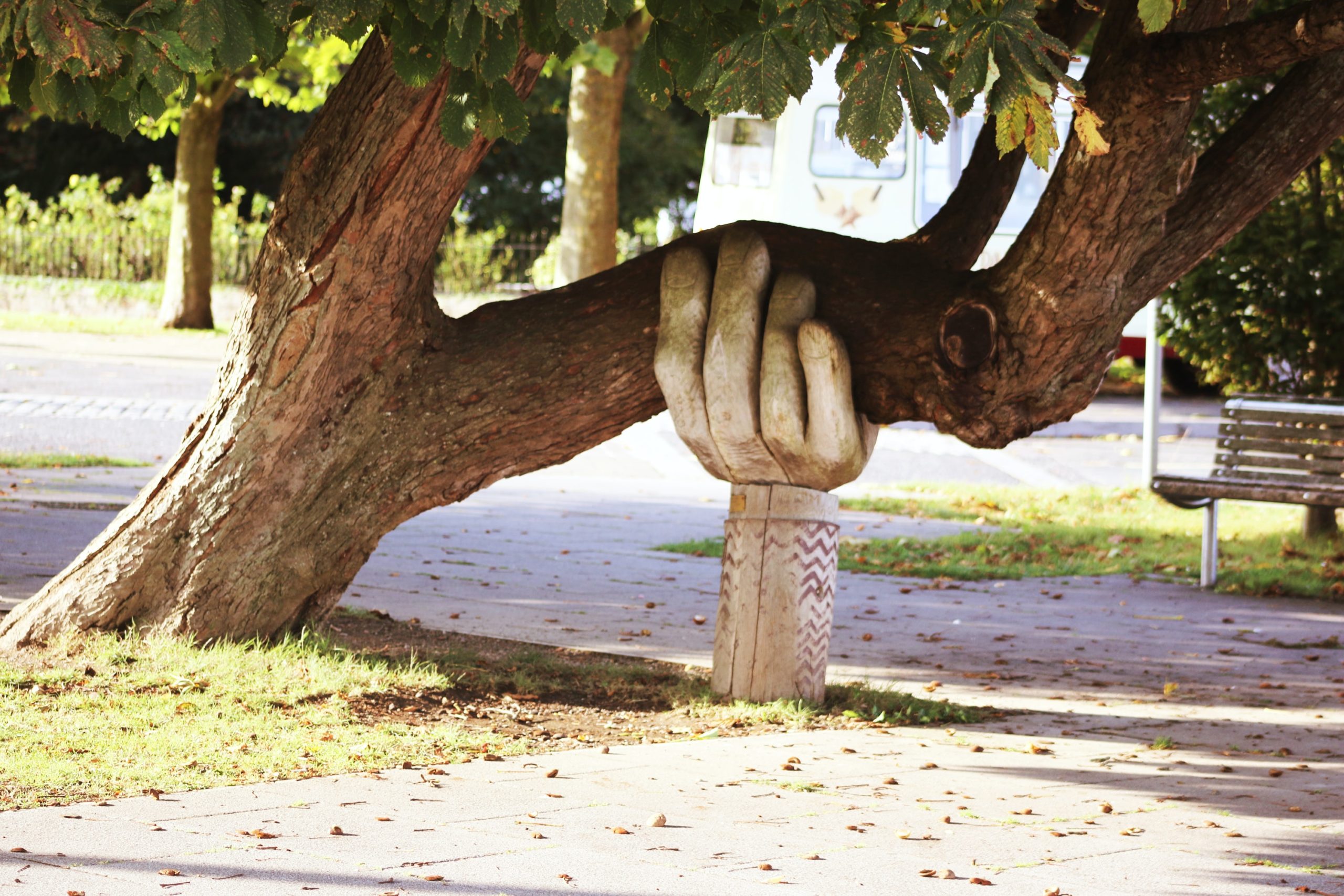Dear colleagues,
The last several days, weeks and months have again challenged us to confront the United States’ history of racism and authoritarianism—and most recently the violent events and images of white supremacy, anti-Semitism, and anti-democratic insurrection during the siege of the U.S. Capitol building on January 6, 2021. We face uncertainty and threats of violence surrounding state capitals throughout the country, the Presidential Inauguration and the peaceful transition of power which challenges all educators.
As scholars of civil rights movements, histories of racialization, and interfaith studies, we find ourselves at the edge of our understanding as we face unprecedented events alongside familiar and longstanding struggles for a more just and peaceful world. In our roles, we are committed to supporting faculty in their efforts to be informed and equipped to address critical issues that impact our students, our staff, our faculty colleagues, and ourselves.
As has been reported in local and national media, two of DU’s alumni are the founders of Parler, which commentators, legislators, law enforcement, and technology companies have identified as one of the most powerful platforms for the perpetuation of bias, bigotry, and hate. DU responded,
“The University of Denver condemns any and all calls to violence, insurrection, or sedition. We are grounded in the tenets of free speech and First Amendment rights, but those rights end when they incite the populace to violence or to harm others. Those we condemn unconditionally.”
DU has conducted an investigation and determined that no university resources were used to develop the app while the creators were students at DU. Clearly, hate-filled messages trafficked in Parler and on other social media sites are inconsistent with our core institutional commitments to the inclusive public good and the ways we engage and teach in our classrooms.
We as the DU community remain tirelessly committed to providing all students with an ethical, inclusive, and academically rigorous education that rises to meet the challenges of our day. We are a pluralistic community and we also strive to be a community of care.
Each of you knows your students and disciplinary contexts best and will have good ideas—many of them are already circulating in your units—for how and whether these events fit into your classroom. For some students, courses focusing on other topics may be a welcome respite, while others may seek collective space in which to process recent and evolving events. However you choose to navigate this moment with your students, we share with you the following resources for support:
Resources for student support
Student Support Program (My SSP)
24/7 access to clinical counselors via the My SSP app, confidential, and free for DU! Real-time text or talk with a My SSP counselor. Download the free My SSP app in your device’s app store! For more information visit: us.myissp.com
The Health & Counseling Center (HCC) provides many tele-medical and mental health services, including crisis and after-hours support. All University of Denver students have access to free crisis services at the HCC, regardless of insurance coverage (303-871-2205).
Student Outreach & Support is a University resource where trained staff members ensure that students are connected to appropriate campus resources, have a plan of action to meet their goals, and learn how to navigate challenging situations. You can activate these services by completing a SOS Referral at sos.du.edu or by calling 303-871-2400
Resources for support in the classroom
- Join Valentina Iturbe-LaGrave on Tuesday, Jan. 19th at 1pm for Creating your Knapsack for Teaching after a National Crisis
- The OTL’s message about Teaching after a National Crisis
- Pedagogical Strategies to Acknowledge and Discuss Institutional Legacies of Racism
- The Inclusive Teaching Practices Website offers a wealth of pedagogical resources to support faculty in the classroom. Focus on the Inclusive Pedagogy module to explore specific structures for collegial interactions:
- Establishing Ground Rules
- Sample Listening, Speaking and Discussion Ground Rules
- Norms of Collaborative Work
- Download the Inclusive Teaching Checklist
- Structure class discussion of complex and divisive topics with Critical Pre-Reading & Discussion Questions
- Use questions from Stephen Brookfield’s the Classroom Critical Incident Questionnaire to foster student reflection, gauge classroom climate and student wellbeing in your course.
- Teaching Tolerance is an excellent resource for thinking through the connection between the upcoming holiday celebrating MLK legacy and last week’s events, along with many other as well as other excellent teaching materials
All Employee Resources
Campus Programming For You, Your Students and Our DU Community
- C + V Resources & Events Page for navigating the recent events in our nation
- Community Tables
- Diversity Summit (January 20-March 2021)
We look forward to working together with you as we live into the DU Faculty Senate Inclusive Learning Environment Initiative and continue striving to live up to our commitment to create inclusive community that serves our mission and our students.
Wishing you well,
![]()
Vice Provost of
Faculty Affairs

Faculty Senate President

Interim Vice Chancellor of Diversity, Equity, and Inclusion


